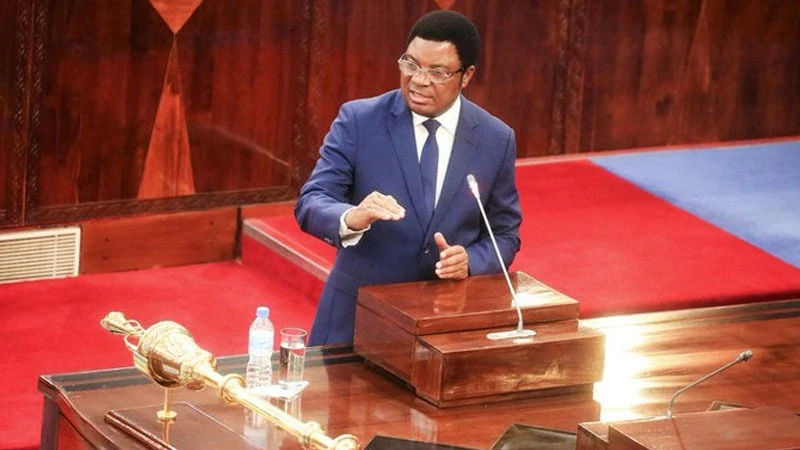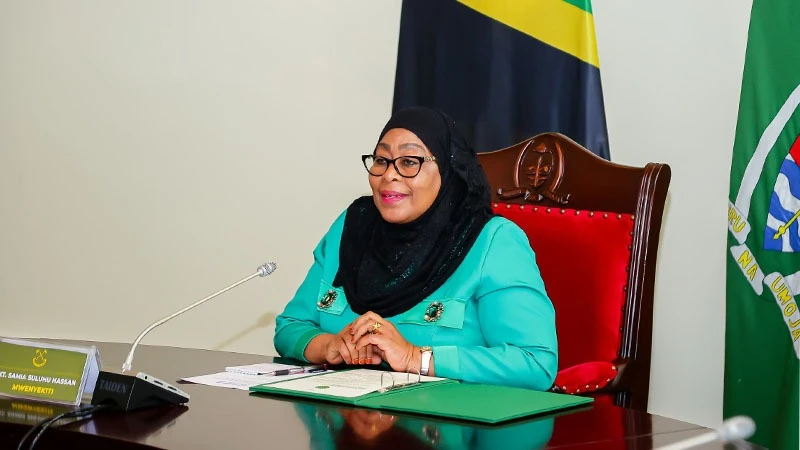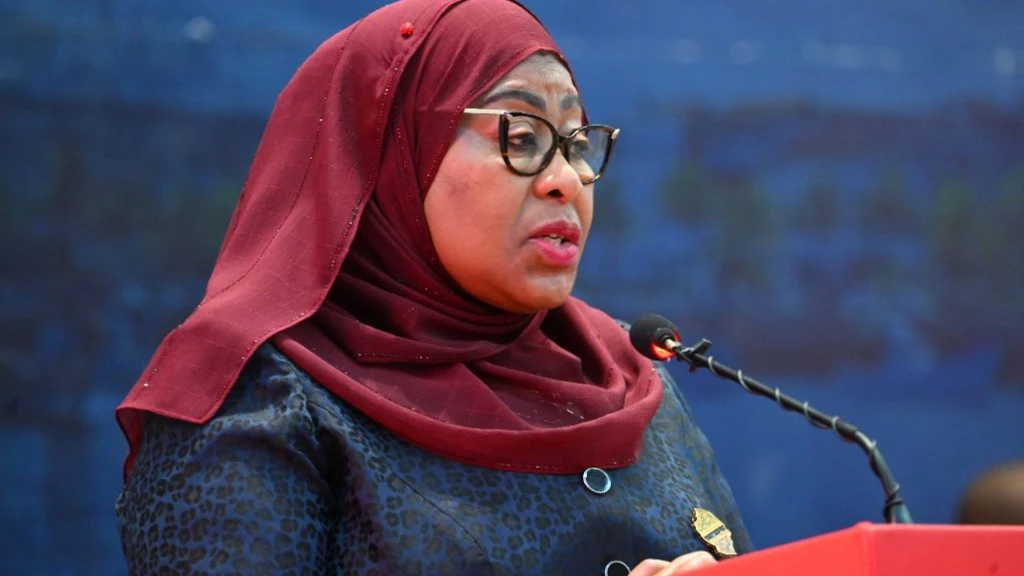Removing oppressive by-laws is well beyond administrative detail

THERE is no doubt that, in large measure, by-laws passed by local authorities are supposed to operate within the wider context of laws and extant regulations without hurting people.
The fact that there are scores of instances of devising – and imposing – multiple levies and charges is of particular concern to representation and in relation to good governance as a whole.
This is because it is central government that ends up blamed – rather than local authorities. Yet there is an extent to which the government lets local authorities tie up their expectations and budgeting without rushing to narrow or plug expected revenue gaps.
The need to supervise the systematic alleviation of excesses in respect to both levies and other features of administrative conduct was the subject of interaction at a working session just the other day between Prime Minister Kassim Majaliwa and regional commissioners (RCs) and regional administrative secretaries.
The PM specifically directed RCs to supervise the adoption of recommendations of the Criminal Justice Commission which, after being presented to President Samia Suluhu Hassan, are largely part of official policy.
The working session was thus aimed at enabling the regional administrators obtain clear understanding of improvements expected in the country’s criminal justice procedure, without this involving the need for new laws.
Where the shoe pinches is on citizens’ complaints about some by-laws in the regions, while in actual fact the issue is districts, as districts are relatively autonomous from regions in plenty of what they do.
There is no equivalent of a district executive director at the regional level and, for such an official to be there, it would mean altering job descriptions and indeed the mode of operations of districts and their representation mechanisms.
Issues listed for consideration during the working session were likely to be complicated, among them conflicts related to land ownership and use.
Police use of excessive force in arrests was also cited, where the cases may differ as to where a ‘velvet glove’ sort of arrest is warranted and where a suspect has to be suppressed.
There were less substantial issues like taking security detail and having scores of officials in official tours, which the commission said prevent people from expressing whatever ails them for fear of exposure to – and ‘reprisals’ from – some entourage members. But if those officials aren’t there, who will answer citizens’ questions?
Items like the need for regional secretariats to allocate buildings and other infrastructure for criminal justice institutions in new districts were by and large obvious and not demanding a working session to be sorted out.
Nor would the President’s Office wing overseeing regional administration, despite vowing to supervise the implementation of directives and instructions given during the working session, find it easy to resolve some specific challenges.
Reports by the Controller and Auditor General time and again refer to districts, not regions, as the accounting offices. There are also discrepancies in sentiments, as national representation is perceived as better paying than local election wins.
Top Headlines
© 2024 IPPMEDIA.COM. ALL RIGHTS RESERVED

















